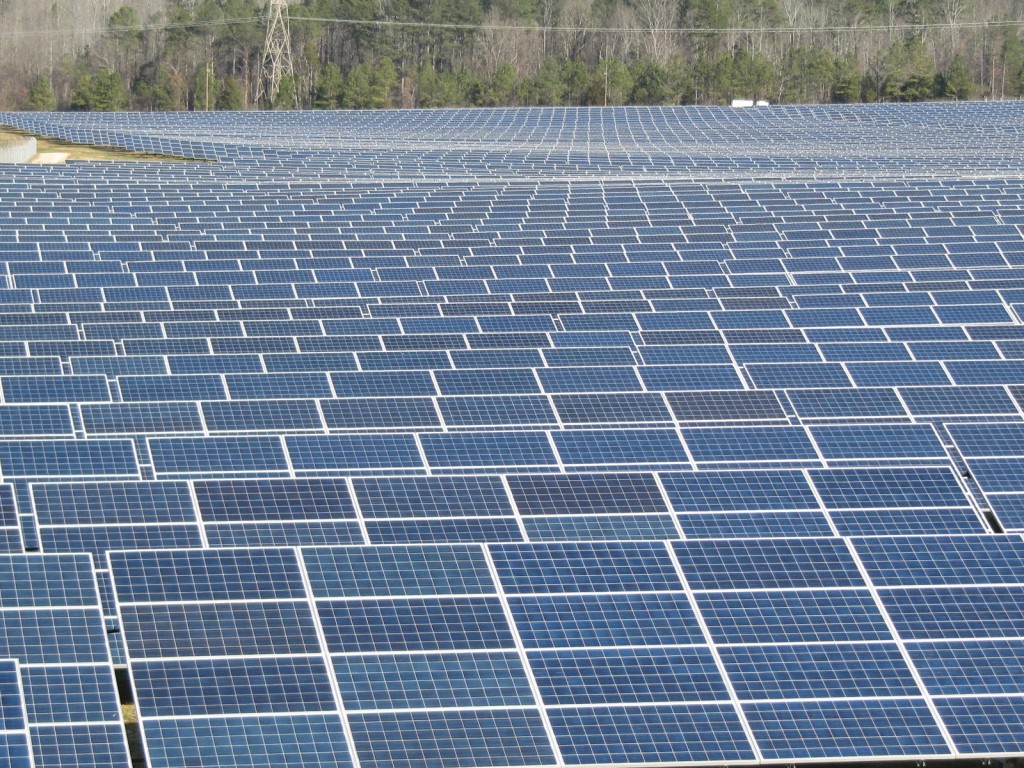Hydrogen fuel-cell cars face an uphill battle toward mass adoption.
Both cars and fueling infrastructure need to be made widely available before large numbers of consumers can seriously consider switching from gasoline to hydrogen.
But under certain circumstances, hydrogen could prove very attractive to consumers for one simple reason.
DON'T MISS: Next-generation Hyundai hydrogen fuel cells due in 2018
When produced using renewable energy, hydrogen could cost nearly the equivalent of 50-cent-per-gallon gasoline, according to a study by the National Renewable Energy Laboratory (NREL).
That will only happen if "the stars align" and several factors work in hydrogen's favor, notes industry trade journal WardsAuto noted in a June report on the findings.
The NREL plan assumes large-scale production of hydrogen through electrolysis, but with renewable energy used to provide the majority of electricity in place of fuels that produce high levels of carbon emissions.

True Zero hydrogen fueling station
Renewable sources could generate as much as 80 percent of U.S. electricity by 2050 using currently-available technology, according to NREL data.
The NREL argues that excess electricity generated by these renewable sources could be used to produce cheap hydrogen.
ALSO SEE: Nissan takes a different approach to fuel cells: ethanol
Because they are tied to weather conditions like sunlight or wind, renewable sources don't always produce power in line with periods of peak electricity demand.
Energy-storage battery packs that store excess power for later use have been proposed as one possible solution to this problem.
But the NREL model also suggests simply using that electricity to produce hydrogen.

Photovoltaic solar power field at Volkswagen plant in Chattanooga, Tennessee
With anticipated technological improvements to the electrolysis process, the NREL expects average costs to drop to $1.14 in the near future.
MORE: New hydrogen fueling station closer to throughput of gasoline
Because fuel cells are more energy efficient, the actual cost would really be closer to $0.57 per kg, Charlie Freese—General Motors' executive director for global fuel-cell activities—told WardsAuto.
In the short term, though, hydrogen fuel-cell cars are still hampered by limited fueling infrastructure, and some technical issues.

Wind farm, by Flickr user Patrick Finnegan (Used under CC License)
The stations that are up and running in California have also experienced reliability issues, as operators grapple with the reality of dispensing hydrogen to the public in large quantities for the first time.
It is also unlikely that current hydrogen stations can match the volume of gas stations, which could make them less attractive as a profit-making business.
_______________________________________________












